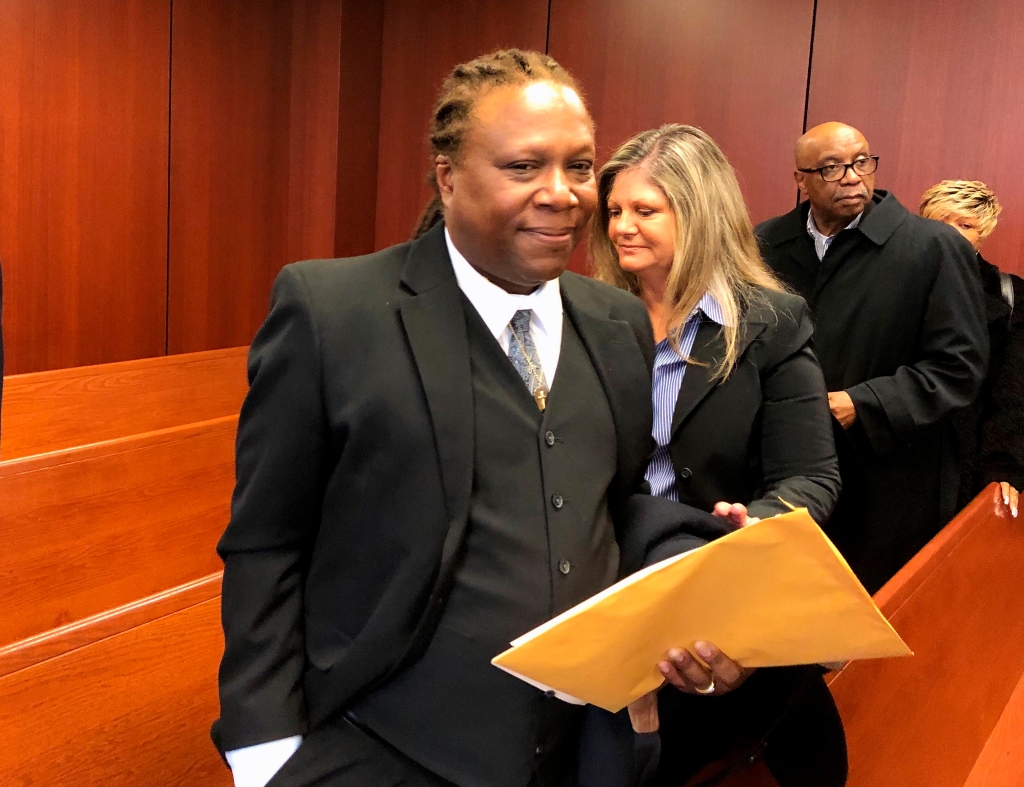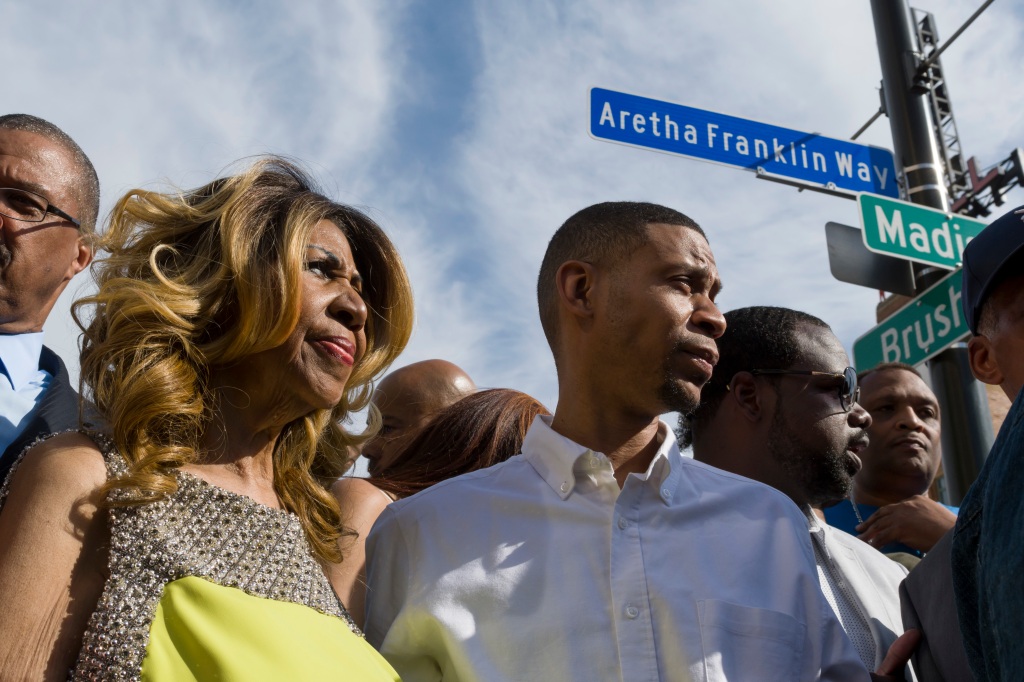Aretha Franklin’s sons battle over handwritten wills
Aretha Franklin’s sons are learning what R-E-S-P-E-C-T means to her.
Five years after her death, Franklin’s final wishes are still unresolved.
Next Monday, July 10, a trial will begin to conclude which of her two handwritten wills — one of which was found in a couch cushion — will determine how her estate is handled.
Franklin, who died in August 2018 from pancreatic cancer at age 79, did not have a formal, official typed will in place, despite efforts to get one done as she suffered health problems for many years.
“Does it surprise me that someone passed away before they had their ducks in a row? The answer is never,” Pat Simasko, who specializes in wills and estates and teaches elder law at Michigan State University College of Law, told the Associated Press.
“This can be settled any time, on the steps, halfway through trial,” he said. “And hopefully it will be. Going to a jury trial is a war.”
However, two handwritten wills were discovered in Franklin’s suburban Detroit home, and Michigan law states that other documents — including those with scribbles, scratch-outs and hard-to-read passages — can be used to determine her final wishes.
The Queen of Soul had four sons, and the battle over her will is pitting son against sons.
Ted White II, known professionally as Teddy Richards, maintains that the papers dated 2010 should be the guide to his mother’s estate, while Kecalf Franklin and Edward Franklin support a 2014 document.
Aretha Franklin’s death and will
Franklin died following a bout with a neuroendocrine tumor (NET) on the pancreas — a form of cancer that affects more than 12,000 people in the US die from every year, Cancer.net estimates.
The “I Say A Little Prayer” singer had a star-studded funeral with speeches from Ariana Grande, Bill Clinton, Stevie Wonder and Al Sharpton.
Franklin’s 24-karat-gold-plated casket was transported in a 1940 Cadillac hearse.

It was known that the singer-songwriter had died without a formal will, and her niece, Sabrina Owens, agreed to be the executor. Without a will, Franklin’s four sons would have to share her assets, including real estate, gowns, fur coats and any future royalties.
Franklin’s friend, businessman Ron Moten, told her sons at the funeral, “My advice? Go slow, be careful and be smart.”
For the past five years, her estate has been handled by three different executives over three different times, and White’s attorney Kurt Olson quit in 2020 due to a sibling “rift.” She was succeeded by Reginald Turner, a local lawyer who also served as president of the American Bar Association.

What do Aretha Franklin’s handwritten wills say?
The 2010 document lists White and Owens as co-executors and states that Kecalf and Edward “must take business classes and get a certificate or a degree” to benefit from the estate.
However, the handwritten 2014 will crosses out White’s name and reads that Franklin apparently wanted her son Kecalf to serve as the representative of her estate, which might be worth millions, with no mention of business classes. She also asked in this version if her gowns could be auctioned or go to the Smithsonian Institution in Washington
“Two inconsistent wills cannot both be admitted to probate. In such cases, the most recent will revokes the previous will,” Kecalf’s lawyer Charles McKelvie said in a court filing in favor of the 2014 document.

However, Olson claims that the latter version was “merely a draft,” as well as notarized and signed.
Kecalf and his children would get his mother’s main home in Bloomfield Hills in both versions. The house was valued at $1.1 million at the time of Franklin’s passing but is worth more today.
Both papers also declared that her eldest son Clarence, who currently lives under guardianship, must be supported regularly.
“If this document were intended to be a will there would have been more care than putting it in a spiral notebook under a couch cushion,” Olson declared. “If this document were intended to be a will there would have been more care than putting it in a spiral notebook under a couch cushion.”

What is Aretha Franklin’s estate worth?
Franklin’s estate was estimated to be worth $80 million.
Turner’s latest estimate of Franklin’s estate was last March, showing an income of $3.9 million during the previous 12-month period with a similar amount of spending, including more than $900,000 in legal fees.
Since 2020, the estate has paid at least $8.1 million to the Internal Revenue Service (IRS), court filings show. In December 2018, it was reported that Franklin’s estate paid at least $3 million in back taxes to the IRS since her death that previous August.
“The IRS claims took priority. The estate wasn’t going anywhere until the IRS got paid off,” Craig Smith, attorney for Edward, said.

Is a handwritten will valid?
In Michigan, where Franklin passed, the general rule followed is that a will is valid if it meets three requirements: it’s in writing, it’s signed and it’s signed by at least two witnesses.
However, the state has an exception to the general requirements for handwritten wills — otherwise known as a “holographic will.”
A holographic will is a will that is written and signed by the testator, but there is no need for a witness or lawyer. All it requires is that it’s dated, signed and in the testator’s own handwriting, according to law firm O’Neil, Cannon, Hollman, DeJong & Laing S.C.

“If you’re sitting there on a Sunday afternoon and you start handwriting your own wishes, the law allows it as long as the rules are followed: It’s in your handwriting, it’s dated and it’s signed,” Simasko said.
The court can declare the holographic will be valid if it finds “clear and convincing evidence” that Franklin intended for it to be the final version.
Read the full article Here


